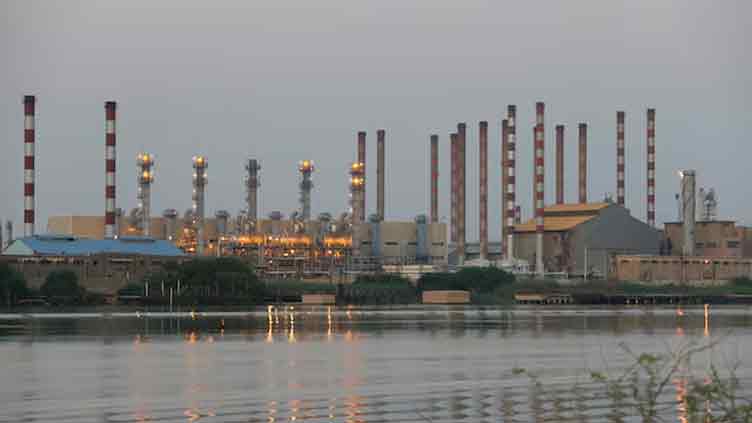Petroleum prices to go down? Iran plans to raise oil output to 4m barrels per day

Business
Report comes after UAE boosts its production capacity to 4.85m from 4.65m
- OPEC + is meeting on June 1 in Vienna to discuss quotas for the second half of the year
DUBAI (Web Desk) - Iran – a major producer within the Organization of the Petroleum Exporting Countries (OPEC) – has approved a plan to raise its oil output to four million barrels per day, the country's Tasnim news agency said on Sunday, without providing a time frame.
"An economic council headed by Iran's interim president Mohammad Mokhber has approved a plan to raise the country's oil output from 3.6 million barrels per day to 4 million barrels per day," Tasnim added, according to Reuters.
The report comes after the United Arab Emirates (UAE) increased its crude oil production capacity – a move that counters the decision made by OPEC+ to reduce supply for maintaining higher prices through voluntary cuts.
In this connection, Abu Dhabi National Oil Co (ADNOC) boosted the production capacity to 4.85 million barrel per day from 4.65 million, bringing the state-owned producer closer to its target of 5 million per day by 2027, as it shared the figures quietly on its website.
On the other hand, there are media reports, initially by Bloomberg which cited anonymous sources, that the UAE is set to achieve its oil production capacity goal ahead of schedule by the end of 2025 or early 2026.
Now it is obvious that the decision will create friction within the OPEC+ which is set to meet June 1 in Vienna to discuss production quotas for the second half of the year.
Currently, the UAE is producing around two-thirds of its capacity, but the ADNOC’s $150 billion investment plan aims to expedite capacity additions, ensuring that the increased production capabilities do not remain underutilized.
The country has in the past chafed against its OPEC+ quota, citing its recent expansions in production capacity, which come as several other members, notably in Africa, struggle to fulfil their allocations due to underinvestment.
In case the two countries start pumping more oil and the OPEC+ fails to reach consensus on continuing with oil production cuts, the prices will automatically decline in international market and thus result in further lowering the petroleum prices in Pakistan as well.


